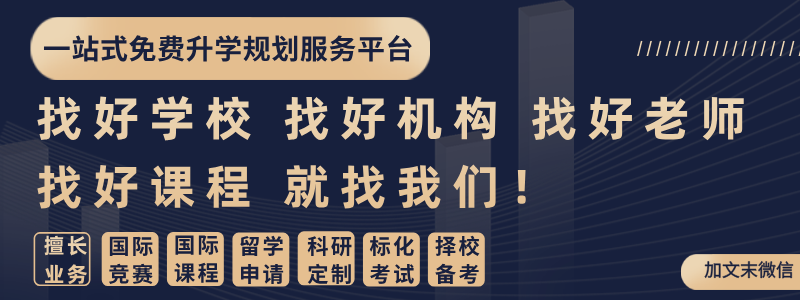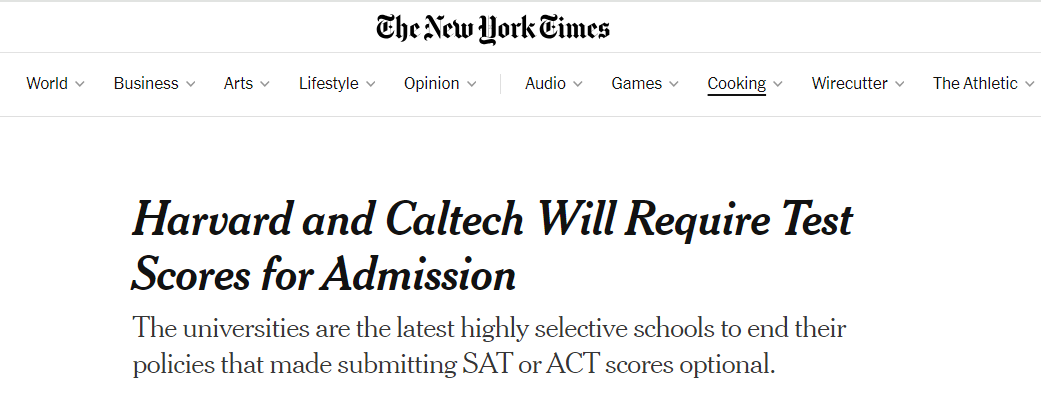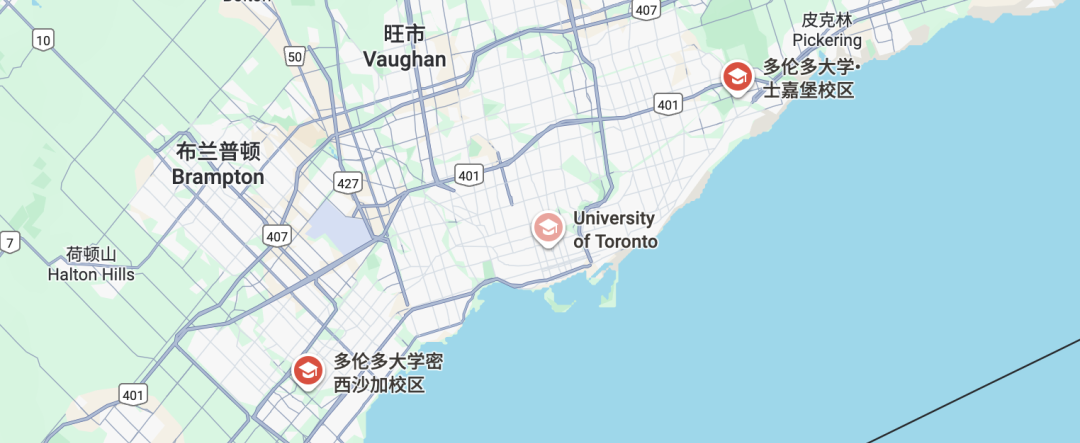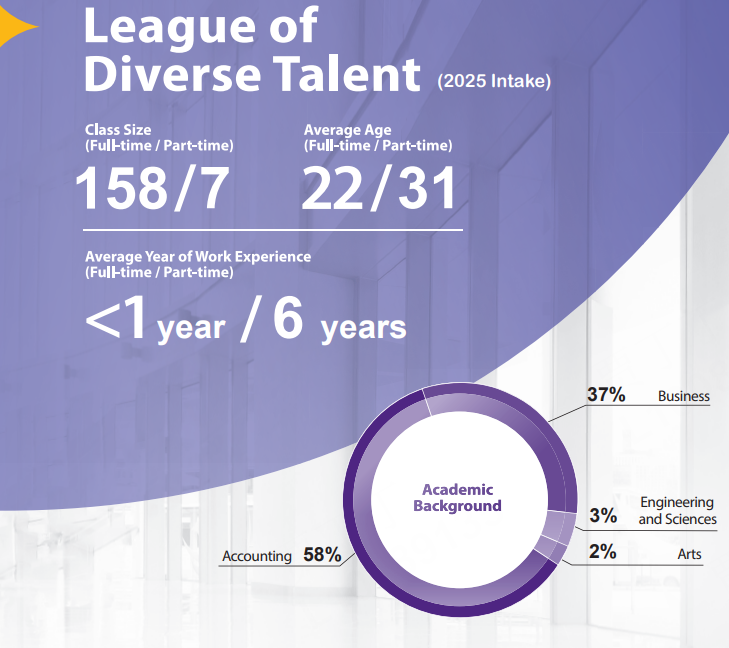John Locke 2024 Law Q2
Step 1
Decomposing the Topic
Clarification of Law Terms:
Police State: A government that exercises power through the power of the police, often involving a significant degree of surveillance, control over public life, and restriction of freedoms.
Arrested: Detained by the police under suspicion of having committed a crime.
Social Media: Digital platforms where users create, share, or exchange information and ideas.
Rephrased in Bullet Points:
What does the arrest of thousands by British police for social media posts indicate about civil liberties in the UK?
Does the UK's law enforcement on social media contribute to characteristics of a police state?
How do actions taken by British police on social media content impact the balance between maintaining public order and protecting freedom of speech?
Step 2
Reviewing Law Concepts and Theories
Freedom of Speech: Fundamental right protected under Article 10 of the European Convention on Human Rights, which the UK adheres to, allowing for restrictions deemed necessary in a democratic society. Reference: McGonagle, T. (2015). "Freedom of Expression and Defamation: Human Rights Law Considerations."
Public Order: Laws designed to prevent disorder in public spaces, which can sometimes restrict speech considered incitement to violence. Reference: Fenwick, H., & Phillipson, G. (2019). "Media Freedom under the Human Rights Act."
Step 3
Positive Statement and Arguments
Statement: 'The arrest of several thousand people in the UK for their social media posts is a necessary measure to maintain public order and does not indicate the UK is becoming a police state.'
Arguments
1. Public Safety: The primary objective is to protect the public from speech that could incite violence or cause harm, justifying intervention in cases where social media posts pose a clear threat.
2. Legal Precedents: The UK's legal system provides for limitations on free speech, especially where it conflicts with other rights or public safety, mirroring actions taken as per established legal frameworks.
3. Democratic Society Needs: A balance between individual rights and collective security is essential in any democratic society, allowing for some restrictions on speech to protect against threats to the social order.
4. Hate Speech Control: Regulation helps curb expressions of hate that can lead to societal divisions or violence against marginalized groups.
5. Incitement Prevention: Preventing the spread of messages that could incite terrorism or other forms of violence is a key concern, warranting proactive measures by law enforcement.
6. Social Harmony: Actions are taken to prevent speech that significantly disrupts social harmony or incites discrimination.
7. International Standards: The UK aligns with international human rights standards, which permit restrictions on speech to protect rights and freedoms of others.
8. Digital Age Challenges: The unprecedented scale and speed of information dissemination online necessitate a reevaluation of how speech is regulated in the interest of public safety.
9. Accountability: Individuals are held accountable for spreading harmful misinformation or engaging in cyberbullying, reflecting a societal demand for responsible speech.
10. Legal Boundaries Awareness: These actions serve to educate the public about the legal boundaries of free speech, promoting a more informed online discourse.
Step 4
Negative Statement and Arguments
Negative Statement: 'The arrest of several thousand people in the UK for social media posts is an overreach of power, signaling a move towards a police state, rather than a measure to maintain public order.'
Arguments include Freedom of Expression, Chilling Effect, Overreach of Power, and others.
Arguments
1. Freedom of Expression: There is a fundamental concern that these arrests impinge upon the right to free speech, a cornerstone of democratic societies, potentially chilling open debate.
2. Chilling Effect: The fear of legal repercussions for online speech may deter individuals from engaging in legitimate public discourse, reducing the diversity of opinions expressed online.
3. Overreach of Power: The extent of police intervention in online speech may reflect an excessive exercise of state power, disproportionate to the threat posed by the speech in question.
4. Misuse of Laws: There is a risk that laws designed to protect public order could be misused to suppress dissenting or unpopular opinions, undermining democratic engagement.
5. Privacy Invasion: Increased surveillance and monitoring of online activities raise serious privacy concerns, eroding personal freedoms.
6. International Criticism: The UK’s actions may draw criticism from international bodies concerned with human rights and freedom of expression, potentially impacting its global standing.
7. Democratic Values: Restrictive measures on speech risk undermining the very democratic values they purport to protect, by stifling debate and dissent.
8. Disproportionate Action: The severity of legal consequences faced by individuals for online posts may be disproportionate to the harm caused, calling into question the fairness of such measures.
9. Public Trust Erosion: Heavy-handed approaches to policing speech can erode public trust in law enforcement and governmental institutions, weakening the social contract.
10. Global Precedent: The UK’s approach may set a concerning precedent for other nations, potentially emboldening more restrictive regimes to tighten control over online speech.
These steps and outlines serve as a comprehensive guide for students to critically engage with this complex topic, encouraging them to explore various perspectives and develop well-rounded arguments in their essays.
All content is generated by Rapidamic Lab Writing AI for a purpose of students’ writing skills improvement.










